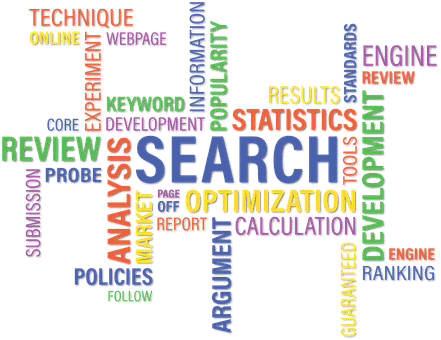Picture this: you click on a website with a question in mind, and within a few seconds, a friendly chat window pops, offering to help. You ask your question and receive an instant response from what seems like a real person! But wait… it’s a chatbot – an artificial intelligence system designed to simulate human conversation. Chatbots, such as digital marketing chat gpt, are revolutionizing how businesses interact with their customers online. In this blog post, we’ll explore everything you need to know about chatbots in digital marketing – from what they are and how they work to the benefits of using them for your business. Let’s dive in!
What Are Chatbots?
 Chatbots are computer programs designed to simulate conversation with human users. They use natural language processing (NLP) and machine learning technology to understand user inputs and generate relevant responses in real time. Chatbots can be integrated into various platforms, such as websites, messaging apps, social media channels, and mobile apps.
Chatbots are computer programs designed to simulate conversation with human users. They use natural language processing (NLP) and machine learning technology to understand user inputs and generate relevant responses in real time. Chatbots can be integrated into various platforms, such as websites, messaging apps, social media channels, and mobile apps.
How Do Chatbots Work?
Chatbots are computer programs that use artificial intelligence (AI) to communicate with users. They can be programmed to interact with users in natural language, like a conversation between two people. Chatbots use algorithms and machine learning technology to understand the user’s intent, recognize keywords, and provide relevant responses.
There are two types of chatbots: rule-based and AI-powered. Rule-based chatbots follow predetermined rules set by their developers for specific scenarios. On the other hand, AI-powered bots use natural language processing (NLP) and machine learning algorithms to learn from previous conversations with users, improving their ability to provide accurate answers over time.
What Are the Benefits of Using Chatbots in Digital Marketing?
 Chatbots have become a popular tool in digital marketing, and for good reason. One of the biggest benefits of using chatbots is that they save time and resources. With a chatbot, businesses can automate customer service tasks such as answering frequently asked questions or scheduling appointments. This allows human employees to focus on more complex issues requiring expertise.
Chatbots have become a popular tool in digital marketing, and for good reason. One of the biggest benefits of using chatbots is that they save time and resources. With a chatbot, businesses can automate customer service tasks such as answering frequently asked questions or scheduling appointments. This allows human employees to focus on more complex issues requiring expertise.
Another advantage of using chatbots is that they provide customers with immediate assistance. Instead of waiting on hold or sending an email, customers can receive answers to their inquiries within seconds through a conversation with a bot. Chatbots also offer personalized experiences for users by collecting data on their preferences and behavior patterns. This information can then tailor future interactions, resulting in higher engagement rates and increased customer satisfaction. To sum up, chatbots have revolutionized how businesses interact with their customers online. They provide a personalized, round-the-clock service that allows companies to engage with their audience in real-time.








 The SEO company you choose should have experience working with businesses in your industry. This is because each sector has its unique challenges when it comes to ranking a website. A company with experience working with businesses in your industry will know how to overcome these challenges and help your website rank higher in the search engines.
The SEO company you choose should have experience working with businesses in your industry. This is because each sector has its unique challenges when it comes to ranking a website. A company with experience working with businesses in your industry will know how to overcome these challenges and help your website rank higher in the search engines.